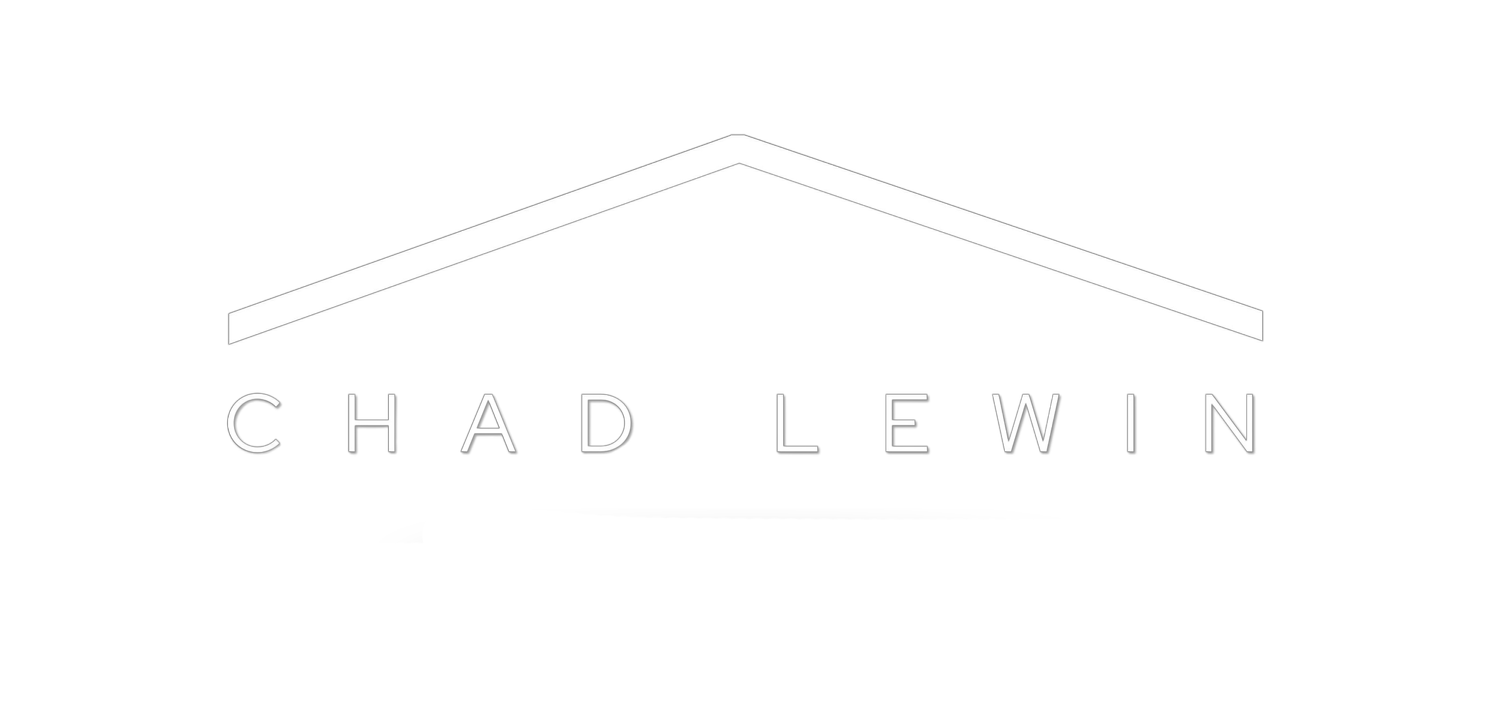Is the market really “bad” — or just different?
There’s no denying it — the real estate market feels different right now.
Rates are higher, living costs are up, and the media is constantly reminding us how “bad” the economy supposedly is.
But here’s the truth: while the market has changed, that doesn’t automatically make it bad. It’s simply different — and with a different market comes new opportunities for both buyers and sellers.
Let’s break down what’s really happening.
What’s Been Challenging
1. Interest Rates
Higher mortgage rates have cooled the pace of the market. Some buyers who were active in 2021–2022 are now waiting on the sidelines, and that’s changed the dynamic completely.
When rates rise, purchasing power drops — a buyer who could afford a $700,000 home at 3% may now be limited to around $550,000 at 7%. That shift has naturally reduced demand and slowed home price growth in many areas.
However, higher rates don’t stop people from needing homes. They simply separate serious buyers from casual shoppers — and for those who are prepared, that can mean more negotiating power and less competition.
2. Selling at a High Sale Price
During the pandemic boom, nearly every home sold quickly and often above asking. Now, overpricing leads to longer days on market, price reductions, and uncertainty.
Today’s buyers are informed — they’re watching interest rates, comparing active listings, and paying attention to value. Sellers who price strategically, present their home well, and work with an experienced agent are still selling successfully.
The key difference? You can’t rely on momentum anymore; you need a strategy.
3. Media Noise
The headlines aren’t helping. Every week, there’s a new article predicting an impending crash or highlighting affordability challenges. While some of these concerns are valid, the noise often causes more hesitation than the actual market conditions do.
In reality, home values in most areas have remained stable or even grown modestly, and inventory is still historically low. The media thrives on fear — but in real estate, fear often translates into opportunity for those who act while others pause.
What’s Not Bad (and Actually Pretty Good)
1. Less Competition
Remember the chaos of 2021? Homes selling in 24 hours, 10+ offers, and waived inspections?
That frenzy is gone — and that’s a good thing.
Today’s market gives serious buyers a chance to slow down, think clearly, and make smart decisions without bidding wars. It’s no longer about winning fast; it’s about buying right.
If you were frustrated by losing out on homes during the last few years, this calmer market may finally be your window of opportunity.
2. Negotiable Sellers
For the first time in years, sellers are negotiating again — on price, closing costs, repairs, and even interest rate buydowns.
Buyers are getting creative with offers. Seller credits can be used to lower monthly payments, pay closing costs, or fund temporary rate buydowns that make the home more affordable upfront.
It’s a return to balance — where both sides can win with the right approach.
3. Creative Financing Options
The best deals today are built on smart structure, not just price.
Buyers, lenders, and agents are collaborating more creatively than ever before.
Some examples include:
Seller carry financing, where the seller acts as the lender for part of the loan.
Rate buydowns, where upfront funds reduce the interest rate for the first few years.
Assumable loans, which allow buyers to take over the seller’s lower-rate mortgage (common with FHA and VA loans).
Adjustable-rate or hybrid mortgages, giving buyers flexibility while planning to refinance later.
These options can dramatically improve affordability and are a sign of a healthy, evolving market — not a broken one.
The Bottom Line
Waiting for the market to “get better” often means waiting for prices and competition to rise again.
Instead, smart buyers are taking advantage of the quiet — locking in homes they couldn’t have touched during the frenzy, and planning to refinance when rates drop.
Because “bad market” is a headline.
But smart market moves? That’s strategy — and that’s what Chad helps his clients find.

